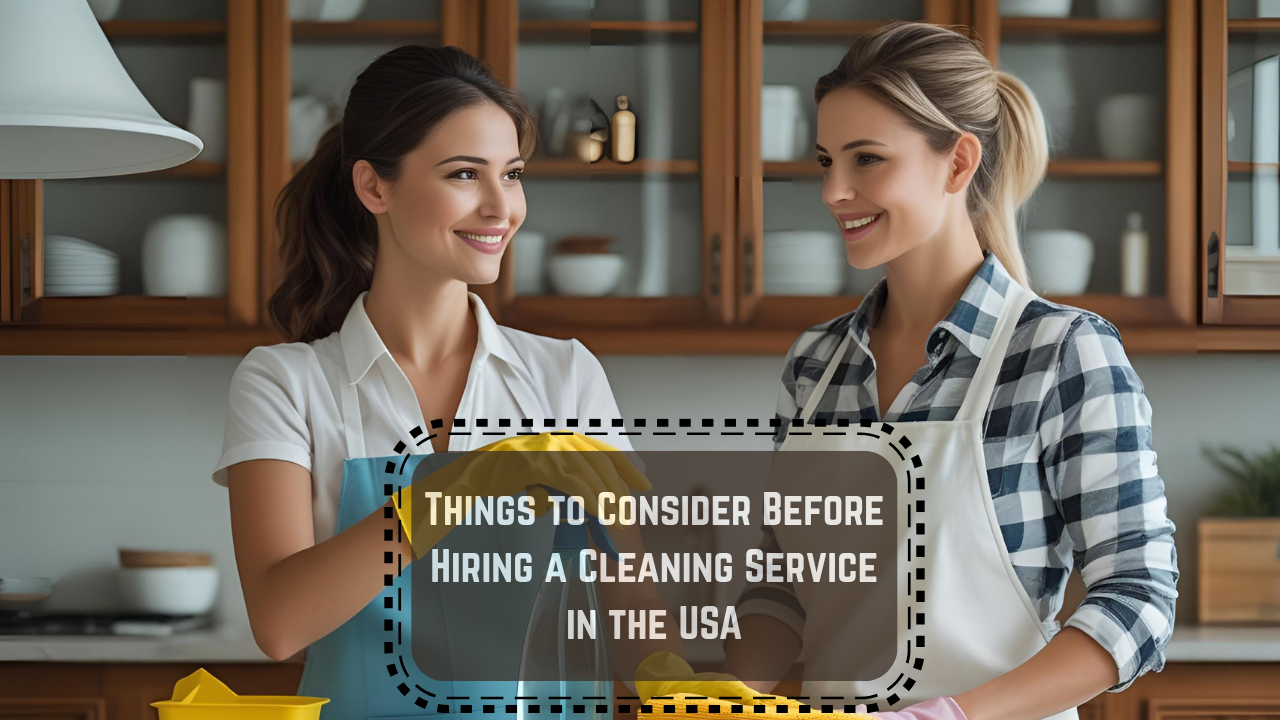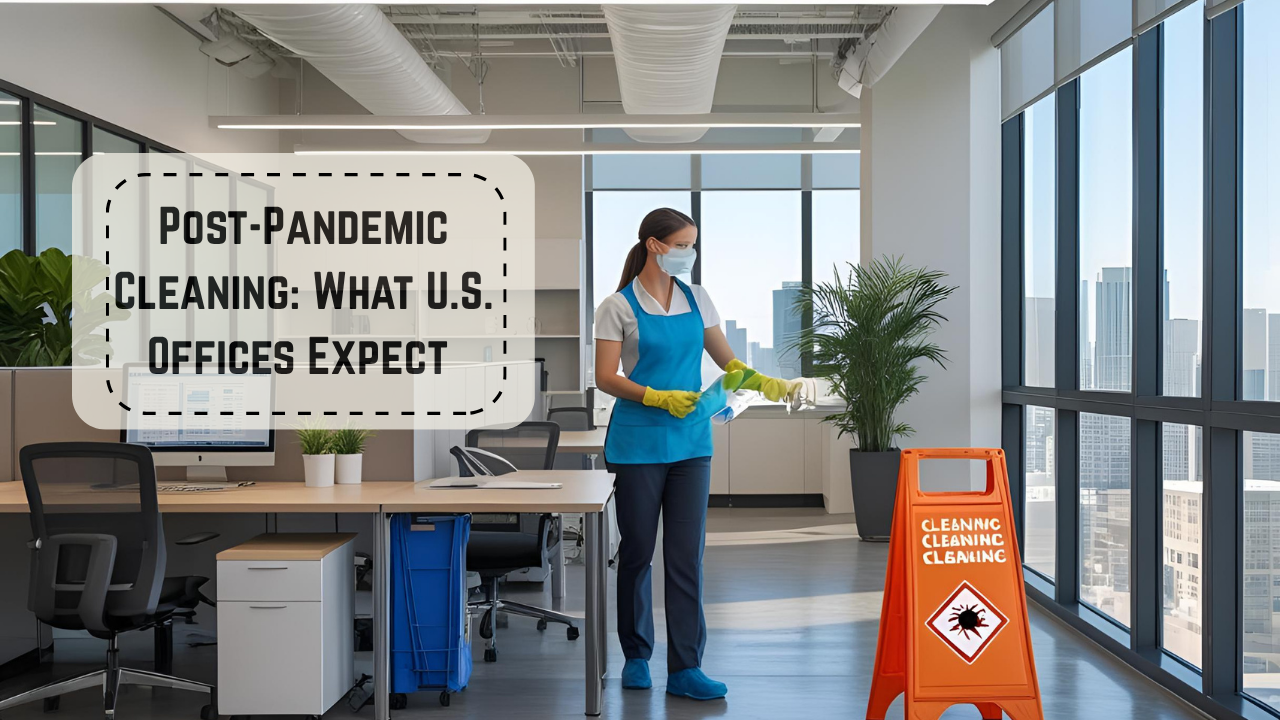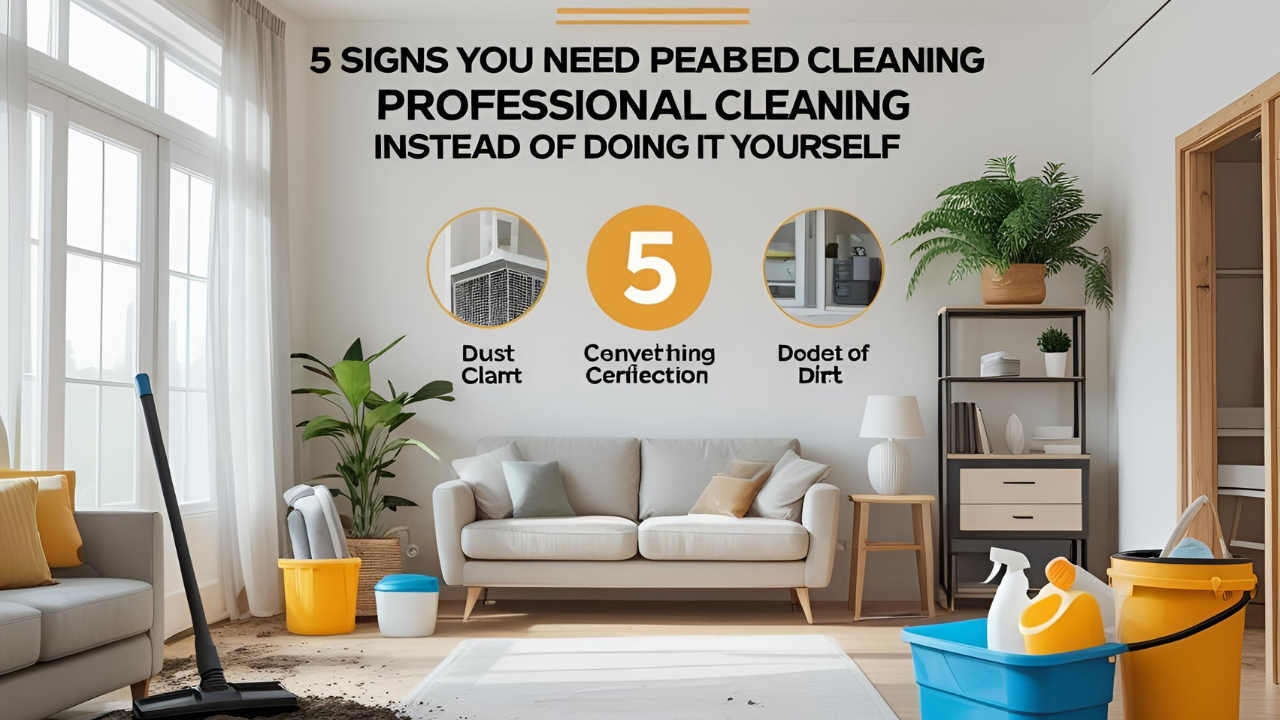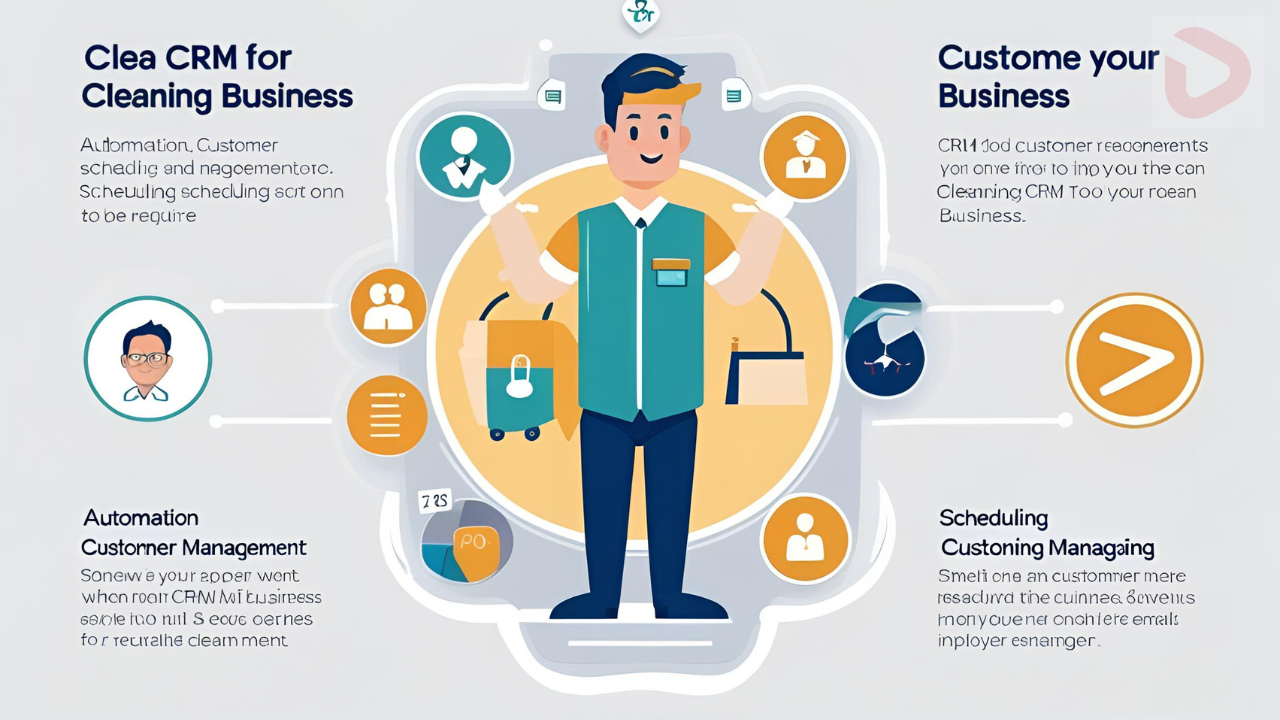In recent years, a growing number of Americans have embraced professional cleaning services to maintain their homes and workplaces. This shift isn’t just about luxury or convenience—it’s driven by changing lifestyles, evolving hygiene standards, and an increasing appreciation for work-life balance. Let’s explore the key reasons behind this growing trend.
Busy Lifestyles and Time Constraints
One of the primary reasons Americans are hiring professional cleaners is the ever-increasing pace of daily life. With demanding work schedules, long commutes, and family obligations, many people find it difficult to allocate time for deep cleaning their homes. Professional cleaners offer a practical solution, taking the burden off individuals and families so they can focus on work, relaxation, or quality time with loved ones.
Enhanced Focus on Hygiene and Health
Since the COVID-19 pandemic, there has been a noticeable shift in public awareness regarding cleanliness and hygiene. Regular disinfection, air quality management, and sanitation have become top priorities. Professional cleaning services use specialized equipment and medical-grade cleaning products that go beyond standard household tools. This ensures a deeper clean and reduces the risk of allergens, bacteria, and viruses—making homes healthier places to live.
Improved Access and Affordability
With more cleaning companies entering the market and offering flexible service plans, professional cleaning has become more accessible and affordable than ever before. Whether it’s a weekly clean, a one-time deep clean, or a move-in/move-out service, consumers can choose from various pricing packages. Many companies even offer subscription-based plans or on-demand bookings through user-friendly apps, catering to different budgets and schedules.
Higher Standards of Cleanliness
As Americans spend more time indoors, especially in the era of hybrid and remote work, they expect their surroundings to be consistently clean and organized. A tidy home contributes to mental clarity, productivity, and emotional well-being. Professional cleaners are trained to clean thoroughly and systematically—reaching places people often overlook. This level of detail not only beautifies spaces but also increases the longevity of furniture and appliances.
Support for Elderly and Busy Families
For senior citizens and people with limited mobility, cleaning can be physically challenging. Similarly, families with young children may find it difficult to keep up with constant messes. Professional services offer valuable support, helping these groups maintain clean and safe environments. Many cleaning companies now provide customizable services tailored to specific needs, including eco-friendly cleaning products and pet-safe options.
Trust in Professionalism and Reliability
Modern cleaning services are not only about cleanliness—they’re about professionalism. Background-checked employees, transparent pricing, insured services, and satisfaction guarantees have helped build trust among American households. With online reviews, ratings, and easy booking platforms, customers can make informed choices and feel confident about the quality of service they’re receiving.
Environmental Awareness and Green Cleaning Options
Another reason behind the shift is increased environmental consciousness. Many Americans are opting for companies that use eco-friendly cleaning products and sustainable practices. Green cleaning solutions reduce the use of harsh chemicals, making them safer for children, pets, and the environment. This approach resonates with those who want their homes to be clean and their choices to reflect their values.
Conclusion
The growing reliance on professional cleaning services in America reflects deeper societal changes—ranging from health consciousness and environmental awareness to lifestyle shifts and technological convenience. As people seek more efficient ways to manage their lives and well-being, the professional cleaning industry continues to evolve and expand, offering solutions that are practical, effective, and increasingly essential.




